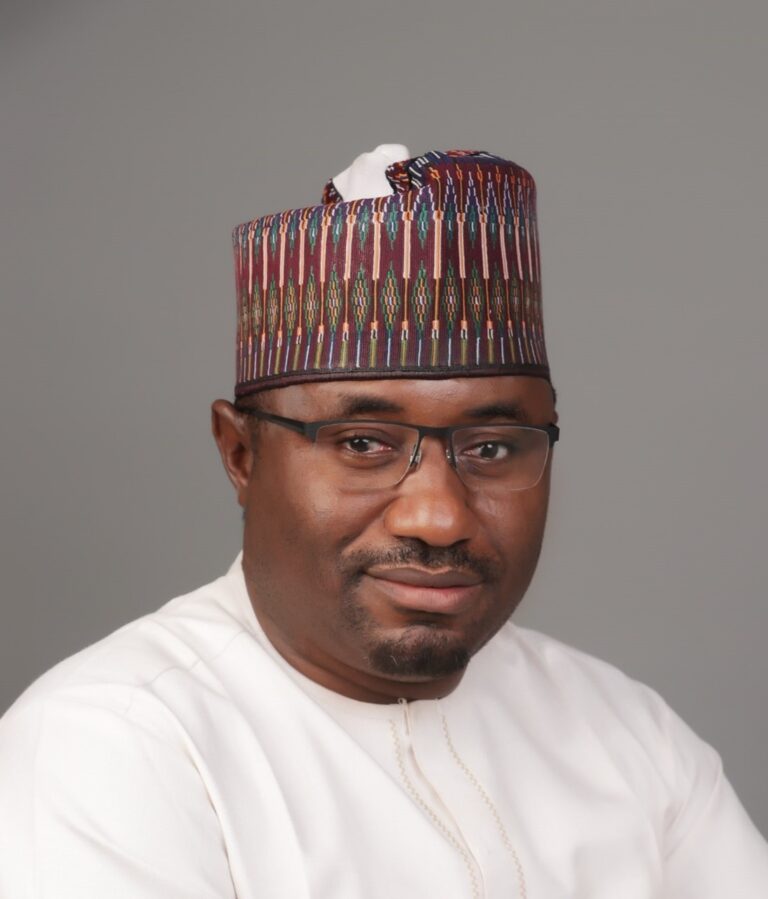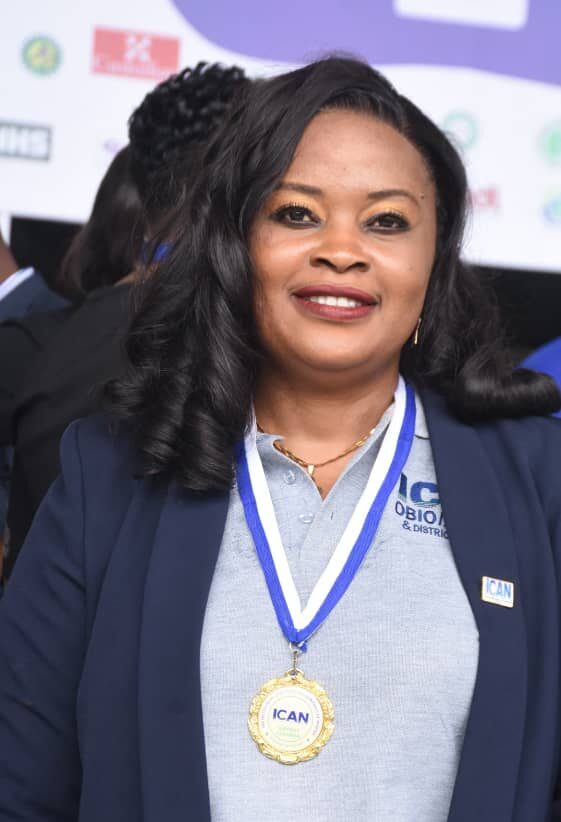Nigeria’s pension fund is said to have hit more than N25trn by August 2025. This is said to be one of the highest pension funds in Africa and many countries now come to Nigeria to learn how it is done.
This was disclosed Saturday, November 15, 2025, at the 3rd quarterly luncheon of the Institute of Chartered Accountants of Nigeria (ICAN), Obio/Akpo District & Society in the Port Harcourt, Rivers State.
The guest lecturer, Omaka Odim Omaka, who is the Chief Financial Officer (CFO) at Spur Panarottis Nigeria, said informal sector has not yet joined the fund, raising speculations that the fund could double in the coming years should this group join.
He said 26 states have either not done anything about the national contributory pension or have merely partially complied. Only 10 states led by Lagos have complied fully.
 Nurudeen Abubakar Zauro (presidential adviser), chairman of session
Nurudeen Abubakar Zauro (presidential adviser), chairman of session
Omaka spoke on: ‘Pension and Housing Funds as Catalysts for Financial Inclusion and Economic Development: The Nigeria Experience’.
He said financial inclusion means more than having a bank account but includes access to pension, housing, credit, etc. He spoke on how pension/housing schemes create pool of long term funds, saying it is important to focus on pension and housing funds as huge catalysts.
He however said the pension fund has issues with fraud as widely reported in the press, saying it was a major challenge. He further said this seems to discourage participation.
The expert who commdened the host disttict chairman, Chioma Ojukwu, also mentioned non-remittance and collusion by officials as more challenges in the pension fund. “Effort should be geared toward how to bring the informal sector.”
 Chioma Mbakwe (chairman), ICAN Obio/Akpo District & Society
Chioma Mbakwe (chairman), ICAN Obio/Akpo District & Society
Omaka disclosed what he called current developments and told the financial eggheads that N8Bn has been provided by the Presidency to ensure prompt payment to retiring civil servants instead of them to wait for up to one year as is the case at the moment to be paid. He said this discourages more people coming into the scheme.
Agreeing with Omaka, Adebade Oyedepo, an expert, said devaluation of the Naira and high inflation trend were reasons why private sector people were avoiding pensions fund. They rather seek to invest in foreign currency to preserve their funds instead of looking in the direction of pensions fund, he said. He urged the operators to find a way to boost the value of the naira to attract investors.
Read also: Pension funds, diaspora remittances offer untapped impact capital- Stakeholders
On the housing scheme, Omaka mentioned the Federal Housing Fund managed by the Federal Mortgage Bank but observed that Nigerians do not seem to trust the scheme and so do not seem willing to contribute, and do not seem eager to apply for loans.
He disclosed that Nigeria has up to 28m housing deficit, needing up to 700,000 new houses that must be built every year in the next 20 years to close the housing deficit.
He observed that corruption seems to be prevalent in the system such that even whistle-blowing mechanism seems not to help.
Omaka said: “Demolishing of houses is going on everywhere instead of pursuing ways of rectifying and regularizing the issues with the houses in the face of such huge housing deficit.” He wondered if it two wrongs will ever make a right.
He went on: “Also, houses built by schemes are too expensive to those needing them. Insecurity is driving rural people to the urban areas, thus increasing pressure on demand for houses in the cities. Need to understand the housing crisis due to slow and cumbersome approval processes.”
Ushering in the guest speaker, the technical adviser to the President on Economic and Financial Inclusion, Nurudeen Abubakar Zauro, mentioned groups and factors that he said suffered much in absence of financial inclusion, saying they were the women, youths, the rural people, and small businesses.
He said regional imbalance also played a role as some regions lagged behind. He said 94% was targeted in 2024 for inclusion. He mentioned things that were being done by the Presidency to boost financial inclusion.
The chief host was Haruna Nma-Yahaya, the 61st President of ICAN, while Njum Uma-Onyemenam, Accountant General of Abia State, who is an ICAN Council Member, was guest of honour. George Peters and Anita Amieye (fellows of ICAN) moderated the top level webinar.
In her welcome remarks, the host District chairman, Chioma Obianuju Ojukwu, who is also a Uniport lecturer, said the ICAN Obio/Akpo and District lecturer series has emerged as a highly sought after intellectual exercise attracting some of the most articulate financial brains around Nigeria.
She said the series, now in its 3rd, attracts credit loads to members on continuous assessment scheme and that professionals in the financial sector have found it as a strong offering to update knowledge and build a trusted body of knowledge.


